Any change that sees you paying attention to what you eat after a period (or a lifetime) of “eating anyhowly” will probably yield results. Any regulation is better than none. I’ve seen people adopt a terrible eating fad and lose weight, not because what they’re doing is good, but because what they were doing previously was terrible. In this series, I will write about the popular dieting fads with a very specific Nigerian focus.
The Paleo Nigerian Diet.

Paleo Diet. Eat like a caveman.
The Paleo Diet, so named because it is supposed to mimic the way our ancestors in the Palaeolithic Era (early stone-age) ate, is quite popular at the moment. I actually like the basic premise that we should eat the foods that our bodies have evolved to eat; agriculture is relatively new to humanity, the foods that our hunter-gatherer forebears ate tend to benefit us more than the foods that came with cultivation.
On the Paleo diet, one eats meat, fish, vegetables including roots/tubers, nuts, fruit, and avoids dairy products, sugars (outside of fruit and veg) legumes, grains and their derivatives like bread, cereal, pasta, etc.
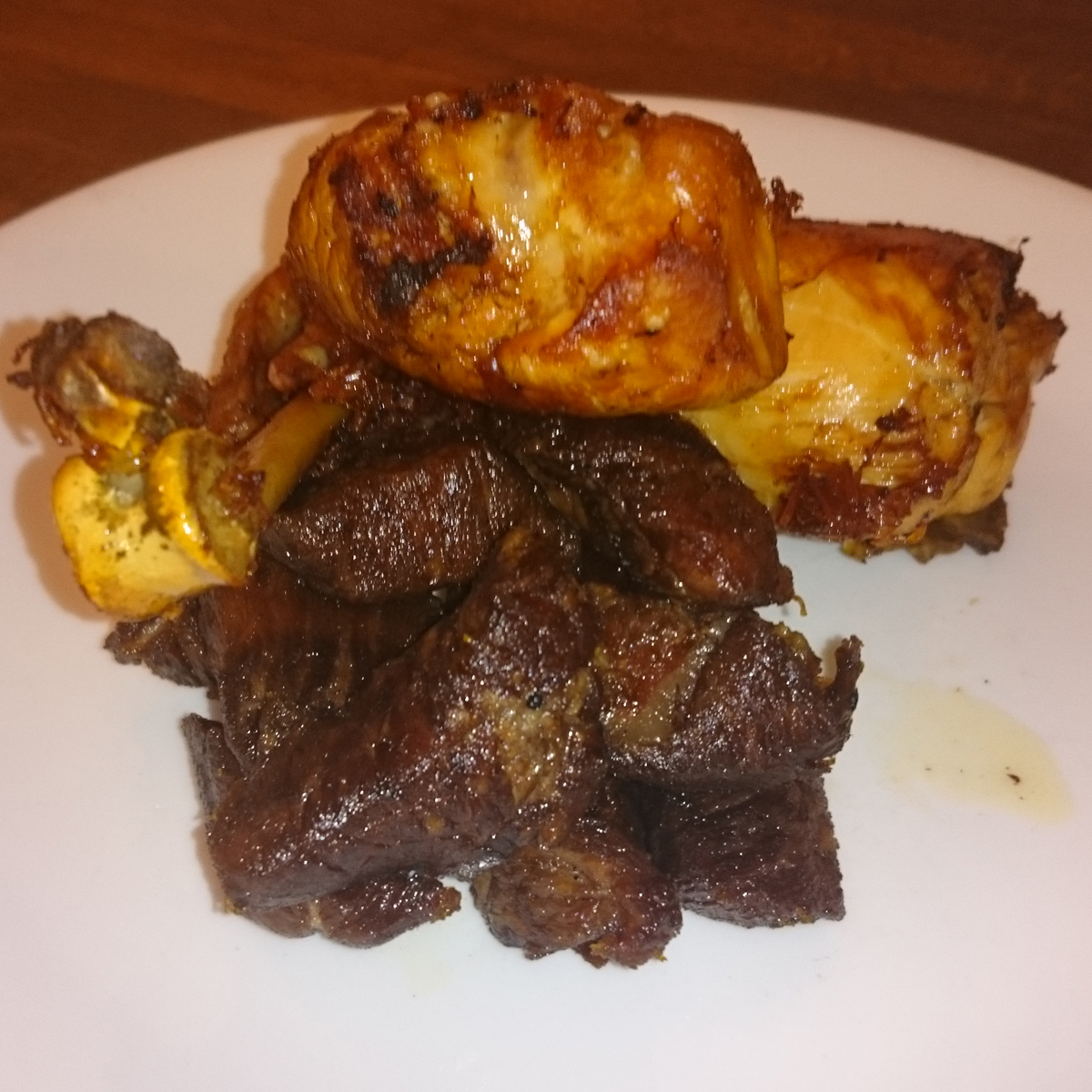
Meat fried in palm oil. Nigerian Paleo Diet.
Of all the fad diets a Nigerian might consider, this is one of the safest. It’s relatively easy to adopt, as many of our starchy staples are root based. In the northern regions where grains are more popular, substitution (tuwo for a cassava or yam based ‘swallow’) is easy enough. The Paleo diet also steers clear of most ‘vegetable oils’ allowing only oils with a high Omega 3/Omega 6 ratio (high in 3, low in 6). Our very own good red palm oil is perfect for the Paleo diet. For many Nigerians, there is hardly anything to change, particularly if one is eating ‘traditional’ foods.
One of the main problems with the Paleo diet in the West is that giving up dairy products takes away a major dietary source of calcium and vitamin D. For Nigerians, many of whom are lactose intolerant anyway, calcium deficiency is less of a problem.
We tend to chew bones, even large hard ones have tooth-marks at the end of a meal, smaller ones, chicken and fish bones, especially the soft bones of stockfish and smoked fish are often eaten completely so calcium deficiency is not really a worry.
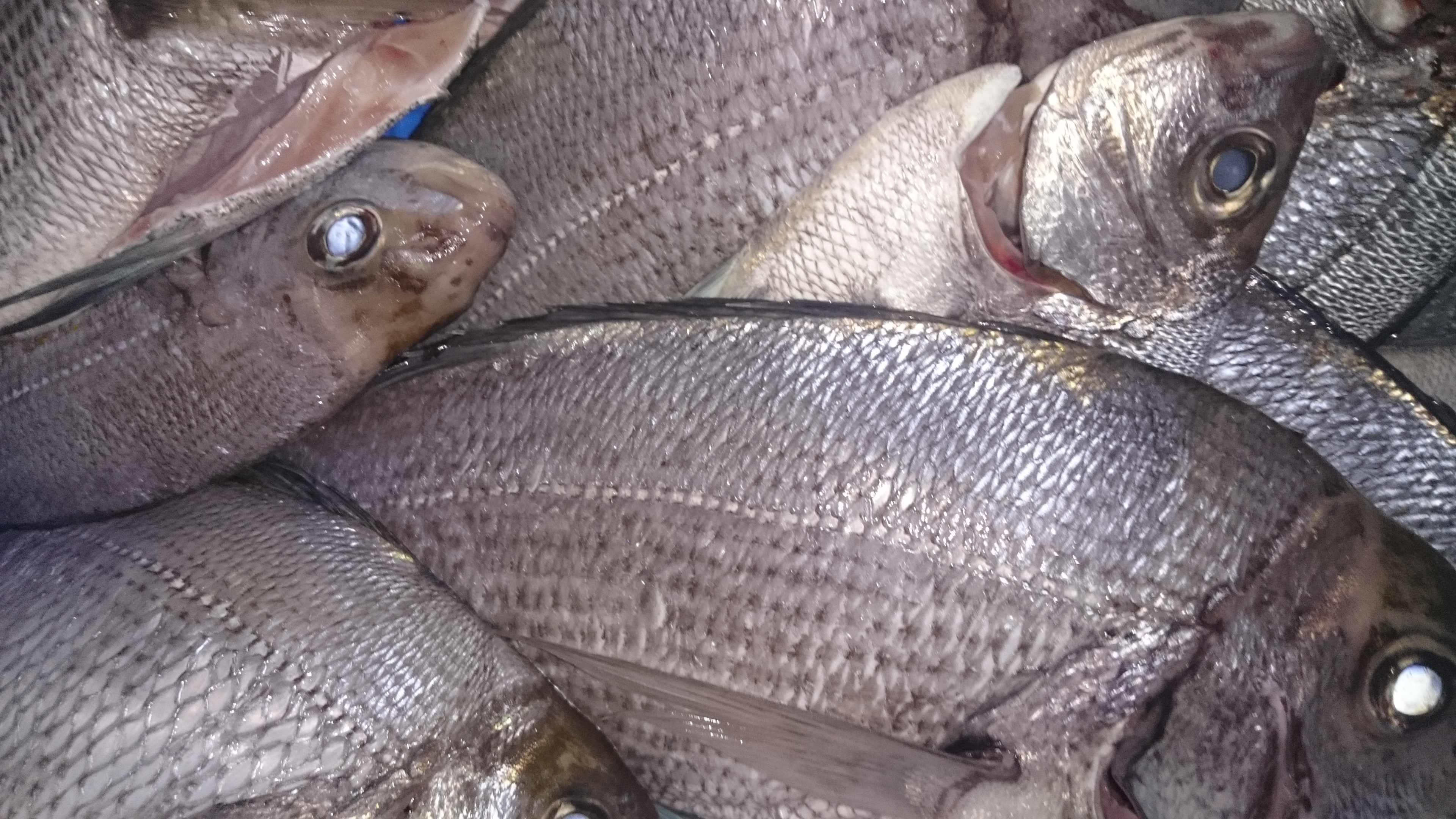
Oily fish for Vitamin D and Calcium.
Vitamin D, however, is a different kettle of (oily) fish. Despite naturally having access to more sunshine in Nigeria and dark skin allowing us to spend more time in it without burning, we do not convert sunshine or food sourced Vitamin D to the useful form in our bodies as well as other races. In studies in the USA, when eating a western diet with dairy products, black people are still for genetic reasons, more likely to have Vitamin D deficiency than people of other races.
It’s relatively common knowledge that we of African descent are much more likely to suffer from certain diseases; diabetes and prostate cancer are two that have also been linked by studies to Vitamin D deficiency. I can’t say conclusively that our higher incidence of these diseases is linked to our tendency towards Vitamin D deficiency but it bears consideration.
This problem is by no means a deal-breaker. In fact, it highlights an issue that is important for all Nigerians. We are statistically more likely than not to be lactose intolerant and there is a lot of anecdotal evidence that suggests many of us are better off without dairy products in our diets once we have reached adulthood.. In many Nigerians, dairy products have been linked to problems with digestion, skin and women’s reproductive health. (specifically, uterine fibroids) If you have made the switch to a Paleo diet and it’s working for you, then I recommend you just get a good Vitamin D supplement. This advice is good for anybody who doesn’t regularly get a lot of oily fish, dairy products or fortified cereal. Nigerians should be aiming to exceed the RDA for Vitamin D to compensate for our lower ability to convert it.
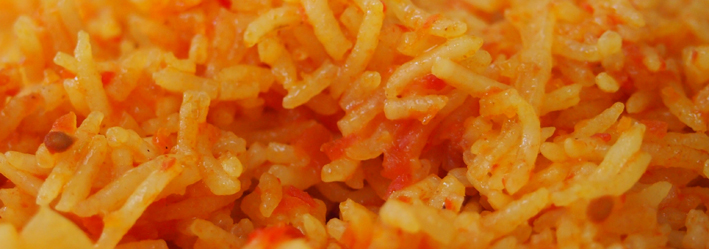
Jollof Rice, not on the menu with the Paleo Diet.
The two biggest sacrifices a Nigerian must make to adopt the Paleo diet are rice and beans. Can you imagine? No jollof, no moin-moin, no ofada and designer stew, no akara, no ewa agonyin? Might as well stop going to parties!
Please remember, this is an analysis; not a recommendation to either adopt or reject a Paleo diet.
 Major Abs’ Takeaway
Major Abs’ Takeaway
Take the best parts of the Paleo diet and incorporate them into a healthy lifestyle.
- Reduce grains and their oils in your diet. (Replace with palm oil and hemp oil)
- Enjoy plenty of meat and fish (organic or wild is best)
- Eat more healthy fats and less sugar. (get your sugar from fruit)
- Eat more vegetables
- Try going dairy free for a month and see how your body reacts
- Take a Vitamin D supplement. (Cod liver oil is a natural one.)

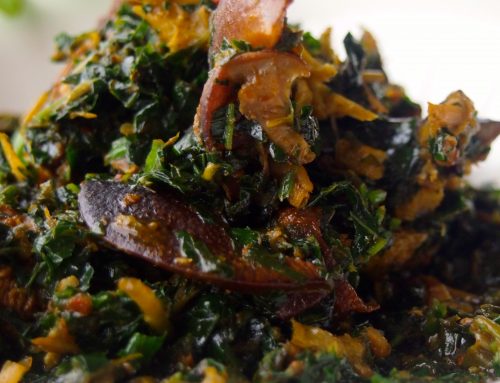

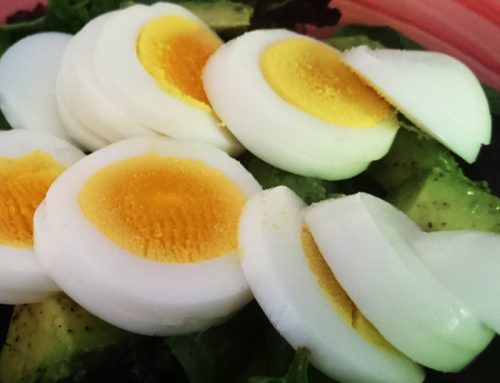

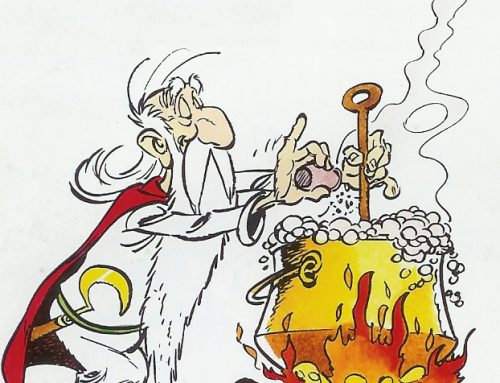
[…] loss and maintain healthy levels of essential nutrients. Unlike the Paleo diet that I reviewed in Part 1 of the series, this plan is a full-on commercial system with a supply of meal replacements and […]
[…] A barbecue is by its very nature, healthy. Open fire, primitive cooking takes us back to our roots. One of the dieting fads popular today is the Paleo diet, based on eating foods that were available to our ancestors in the Palaeolithic Era (Early Stone Age). This diet has been known to show good results in terms of weight-loss and better body composition, especially when adopted by people on a typical modern western diet of processed foods loaded with salt and refined sugars. Having said that, I’m not a fan of dieting, I prefer to advocate healthy sustainable lifestyle changes, I reviewed the Paleo diet as part of my series on modern diets HERE. […]
Insightful…thanks for this bud